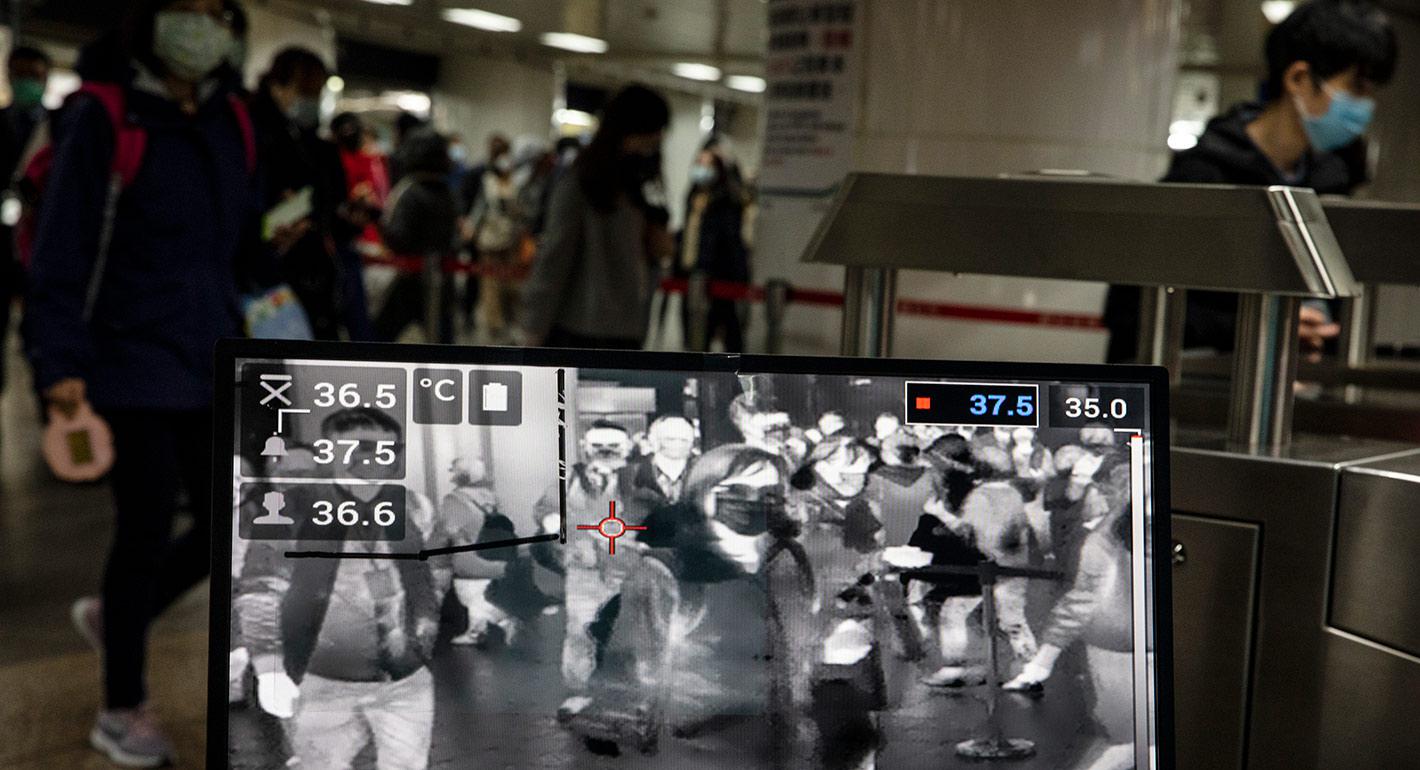Registration
You will receive an email confirming your registration.
Faced with the need to limit the spread of the novel coronavirus pandemic, governments around the world are increasingly turning to surveillance technologies that enable them to track the health and location data of citizens. This data is then used to ensure compliance with quarantine, inform people of their proximity to a carrier, and manage medical resources efficiently by identifying emerging hotspots. The Indian government recently launched Aarogya Setu, a mobile application that utilizes bluetooth and location data to inform users if they have been near someone who tested positive for Covid-19. Which technologies have been most effective in containing this pandemic? How should countries balance public health and privacy concerns? What are the long-term consequences of this growing reliance on mass surveillance?
We hosted a virtual discussion with Anirudh Burman, Anne Liu, and Rahul Matthan, in which they examined the implications of surveillance amid the coronavirus pandemic. This was moderated by Rudra Chaudhuri.
Speakers
Anirudh Burman
Anirudh Burman is an associate fellow at Carnegie India. He works on key issues relating to public institutions, public administration, the administrative and regulatory state, and state capacity.
Anne Liu
Anne Liu is a lecturer of international and public affairs at Columbia University. Her current work is focused on digital solutions for disease surveillance.
Rahul Matthan
Rahul Matthan is a partner at Trilegal.
Moderator
Rudra Chaudhuri
Rudra Chaudhuri is the director of Carnegie India.
